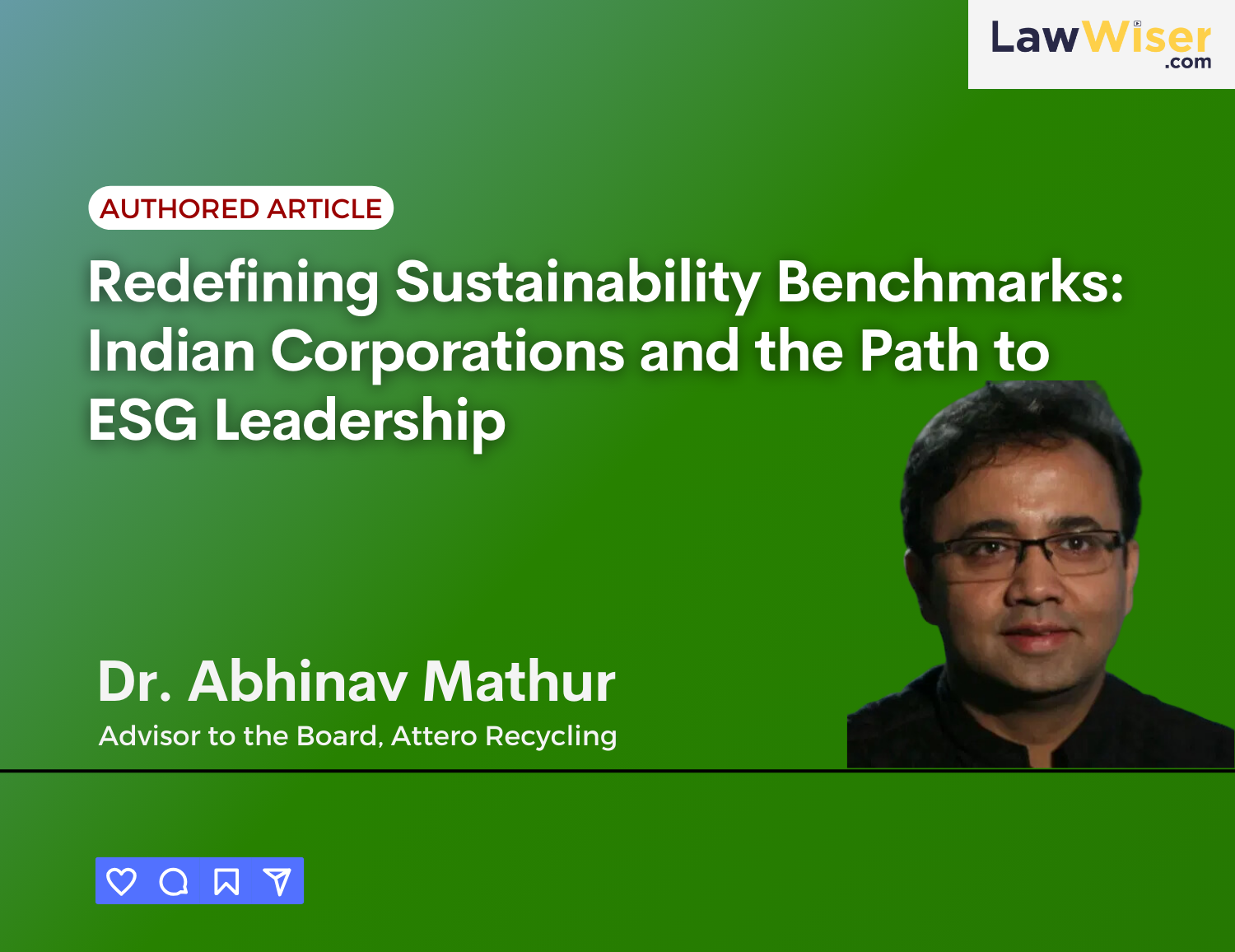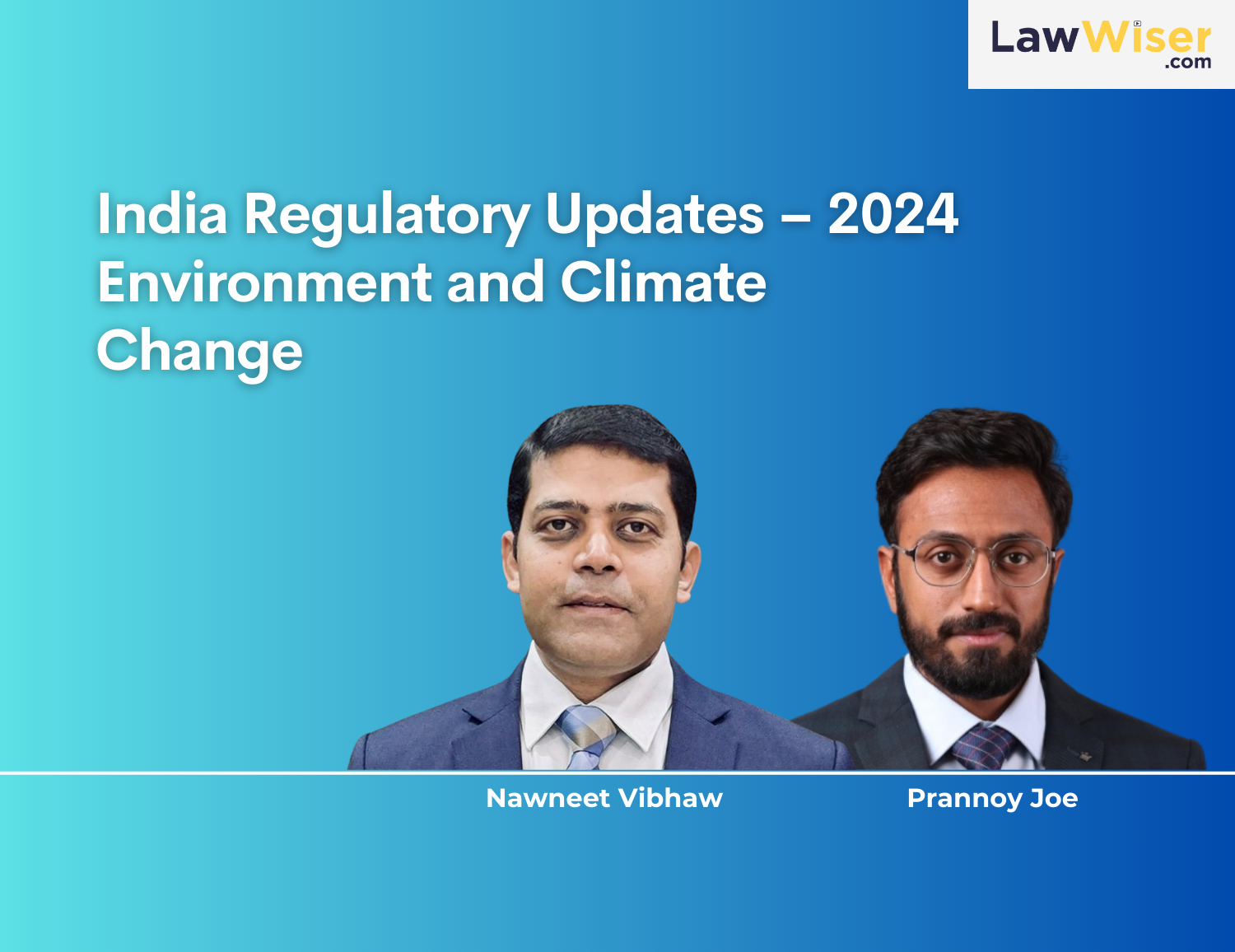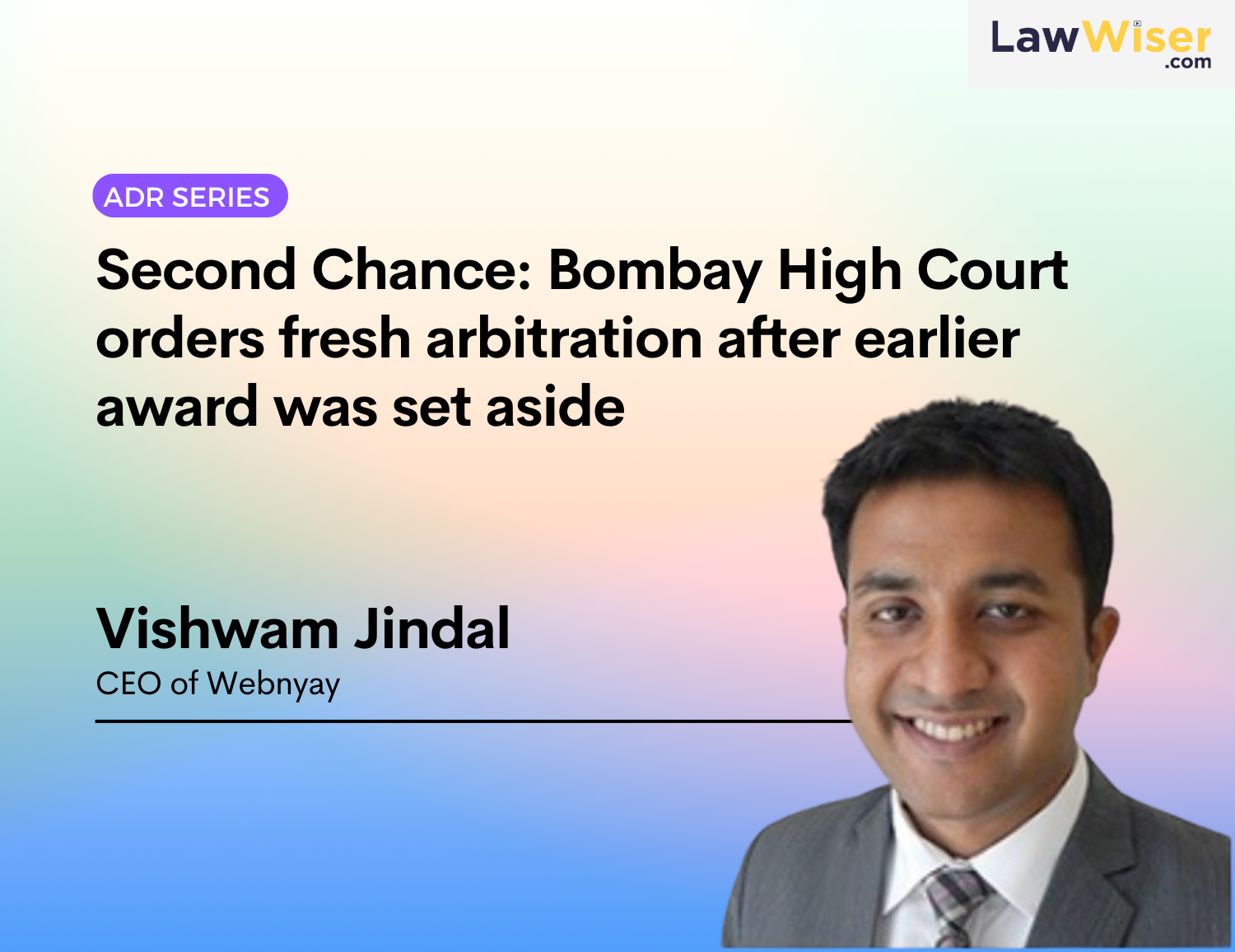In an era marked by rapid technological innovation and pressing environmental concerns, businesses in India and around the world are under growing pressure to adopt responsible and sustainable practices. As industries recognize the critical importance of Environmental, Social, and Governance (ESG) frameworks, every function of the organization must collaborate and focus on ensuring compliance and the role of the in-house counsel to effectively navigate regulatory landscapes, mitigate risks, and set new standards for sustainable growth is going to be key.
Integrating ESG into Business Strategy: The Role of In-House Counsel
In-house counsel have increasingly become central to shaping a company’s ESG strategy. Far from their traditional roles of legal compliance and risk mitigation, legal teams now play a proactive part in embedding ESG principles into every layer of business strategy. This evolution is critical as businesses face heightened expectations from stakeholders—regulators, investors, customers, and employees alike.
In-house legal teams can help align ESG goals with legal requirements, build sustainable partnerships, and mitigate reputational risks. Furthermore, they are well-positioned to advise management on how clean tech solutions like e-waste recycling can reduce environmental impact while remaining compliant with emerging regulations. This transformation enables businesses to not only meet mandatory standards but to also embrace sustainability as a core value, driving long-term value creation.
Soon most companies will have to ensure that they cover Scope 3 emissions in their reporting. This will require in-house counsel to cover this in the contracts their companies will sign with suppliers and customers. The Central Pollution Control Board (CPCB) has introduced several regulations – non-compliance to which is a punishable offence. Inhouse legal counsel would have to help business operations team understand these regulations and adhere to them.
Why Law Firms Must Champion ESG Practices
Just as in-house counsel are embracing ESG responsibilities, law firms must also deepen their expertise in these areas. Clients are increasingly seeking guidance on how to interpret and implement ESG practices, especially as regulatory requirements expand. Law firms with strong ESG knowledge can better advise clients on topics such as ethical supply chains, carbon footprint reduction, and risk management linked to environmental impacts. Additionally, law firms that integrate ESG into their own operations set a benchmark, demonstrating that sustainability is not just an advisement for clients but an intrinsic business value.
By fostering sustainable practices within their own operations, law firms can enhance their credibility and add value to their services, acting as both advocates and exemplars of responsible business.
ESG Reporting Requirements and Recent Developments in India
With ESG reporting becoming more stringent, particularly for listed companies in India, businesses need to be well-informed about regulatory requirements. In India, the Securities and Exchange Board of India (SEBI) has mandated detailed ESG disclosures under the Business Responsibility and Sustainability Report (BRSR) framework for the top 1000 listed companies. This move aligns Indian businesses with global reporting standards like the (GRI) and emphasizes transparency across environmental, social, and governance metrics.
In addition to BRSR, companies must also be mindful of the recent Guidelines for Prevention and Regulation of Greenwashing or Misleading Environment Claims issued by the Central Consumer Protection Authority (CCPA). These guidelines aim to curb deceptive environmental claims, ensuring companies present truthful and transparent information about their sustainability efforts. Greenwashing penalties underscore the need for accurate and credible ESG reporting, reinforcing the role of both in-house counsel and law firms in ensuring compliance and avoiding reputational risks.
Very recently, the CPCB, a part of the Ministry of Environment Forests and Climate Change (MoEFCC) has made non-compliance to environmental rules and regulations a punishable offence and has started to inform the industry of the Environmental Costs of non-compliance to Extended Producer Responsibility (EPR) and the Waste Management Rules
Addressing E-Waste: Challenges and Opportunities
As India continues to grow as a technology hub, the challenge of e-waste management has become more pressing. The need for responsible disposal and recycling of electronic waste aligns directly with a company’s ESG commitments. However, many businesses face obstacles in handling e-waste, including lack of infrastructure, limited access to certified recycling facilities, and cost constraints. Partnerships with clean tech leaders like Attero can help businesses overcome these hurdles. Attero’s IT Asset Disposition (ITAD) services and innovative recycling technology supports companies, especially those that require (Extended Producer Responsibility) EPR compliance, in reducing their electronic waste footprint, closing the loop in product lifecycle management, and fulfilling regulatory requirements for responsible disposal.
Attero: A Partner in Sustainable Business Practices and ESG Goals
Attero is uniquely positioned to support businesses in integrating clean tech solutions as part of their ESG journey. By offering comprehensive e-waste recycling services, Attero enables companies to responsibly manage their electronic waste while recovering valuable raw materials. This not only reduces environmental harm but also aligns with circular economy principles, helping companies reduce resource consumption and promote sustainable product cycles.
Furthermore, Attero’s compliance with both local and international e-waste management standards reassures companies that their waste is managed responsibly and ethically. By partnering with Attero, businesses can confidently report their contributions to waste reduction and resource conservation in their ESG disclosures, enhancing both their sustainability credentials and compliance status.
The Path Forward: Building a Resilient, Responsible Business Ecosystem
In the drive towards a sustainable future, businesses, in-house counsel, law firms, and clean tech providers like Attero each have a unique role to play. With regulatory frameworks evolving rapidly and public awareness of environmental issues at an all-time high, ESG integration is not just a regulatory requirement but a business imperative. Companies that embrace responsible practices and transparent reporting will be better positioned to thrive in this new business environment, achieving growth while safeguarding environmental and social values.
By embracing innovative clean tech solutions, embedding sustainability into core business practices, and fostering transparency through robust ESG reporting, Indian companies have the potential to redefine the benchmarks of sustainable growth. The fusion of innovation and responsibility positions the private sector as a transformative force, capable of not only meeting regulatory demands but also driving systemic change. With collaborative efforts, a shared commitment to ethical practices, and a vision that aligns profitability with planetary stewardship, businesses in India can pave the way for a future where technology thrives in symbiosis with the environment—creating a resilient ecosystem where progress and sustainability coexist seamlessly.
This article is authored by Dr. Abhinav Mathur, Advisor to the Board, Attero Recycling.



 December 11, 2024
December 11, 2024








 February 13, 2026
February 13, 2026 0 COMMENTS
0 COMMENTS


